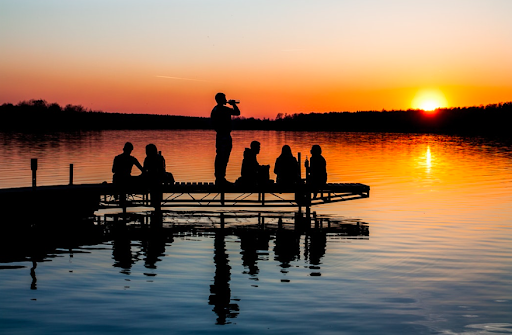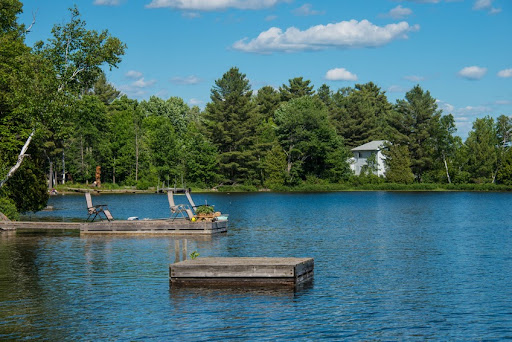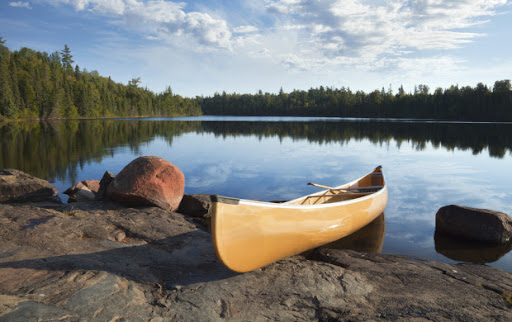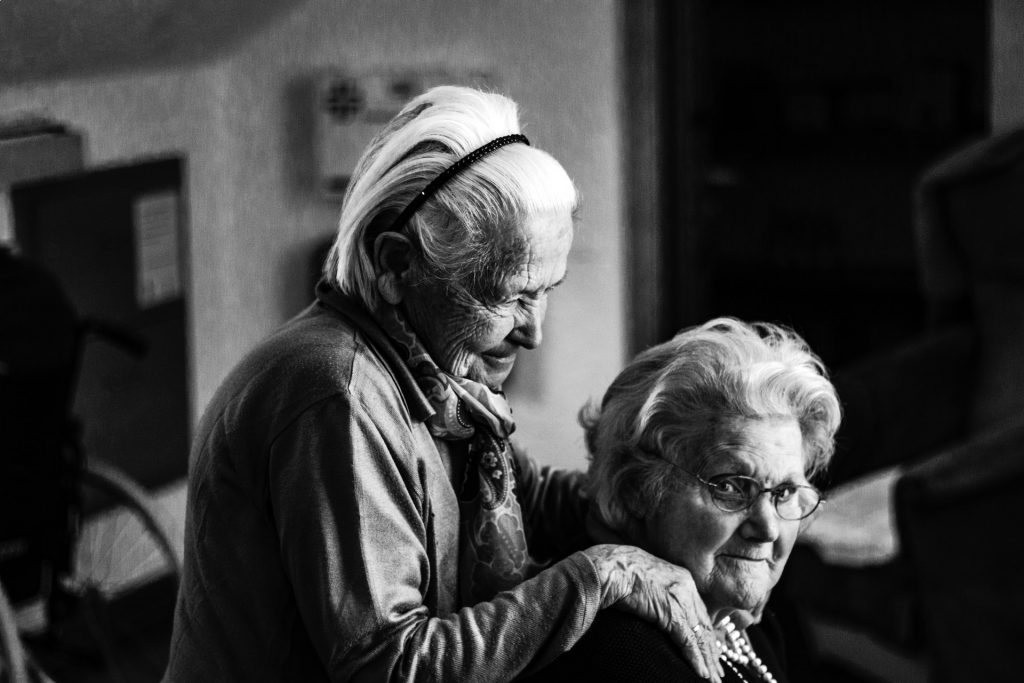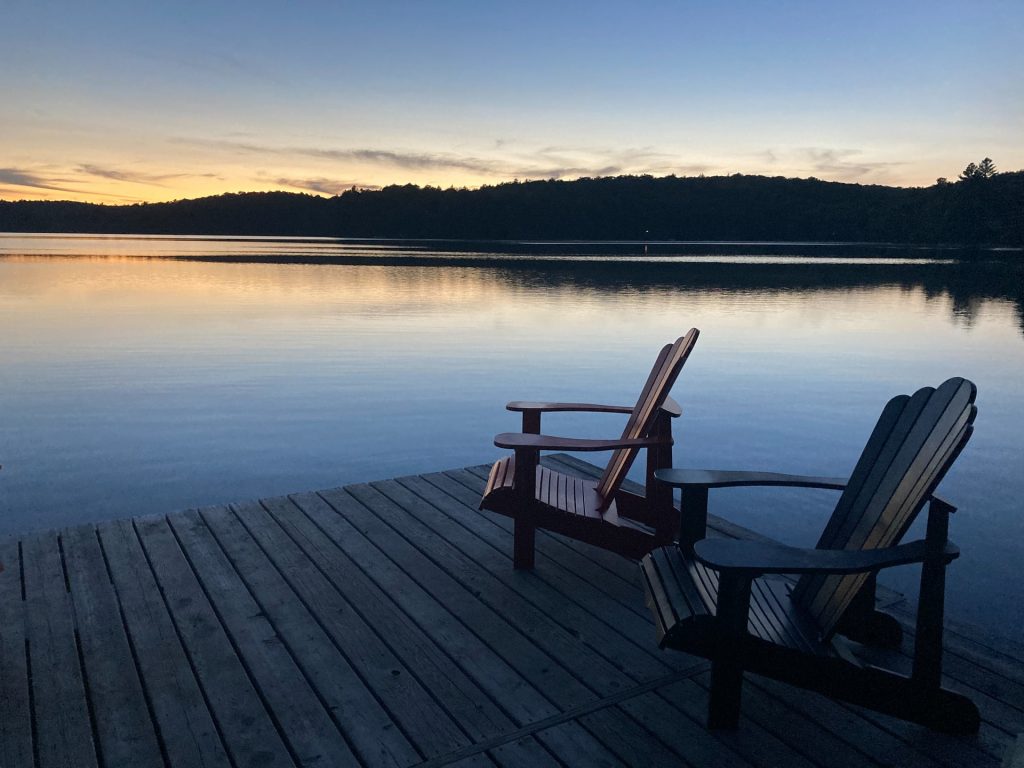What you need to know about fire prevention at your cottage

The August long weekend is finally upon us, and with the glorious extra day of rest and relaxation – Canadians from coast to coast are ready to soak up some sun in celebration. There might not be a better feeling than relaxing by a bonfire at the cottage while watching the stars take the sky.
We sometimes take for granted the minor details that go into hosting a safe bonfire – and how to avoid any carbon monoxide problems at the cottage.
- Don’t stack wood along exterior walls! Store combustible materials like fuel and wood piles at least 10 metres away from the cottage.
- Keep your roof and rain gutters free of debris and overhanging vegetation that could spread fire.
- Use an approved spark arrestor on your chimney or stove pipe. Enclose all open spaces where fuel can accumulate i.e. under decks.
- If renovating, consider replacing flammable roofing, siding, and foundation enclosures with fire resistant materials.
- Always have fire suppression tools available i.e. shovel, rake or garden hose.
- Choose a safe day for a fire; do not burn debris or start a campfire when it’s windy or during a fire ban.
- Never leave any fire unattended. Keep water handy to douse the flames, if needed, and to ensure your fire is completely out when you are finished.
- Whether cooking indoors or outside, stay close by and don’t leave cooking unattended.
- Extinguish cigarette butts by dousing them with water or crushing them thoroughly in bare mineral soil or on bare rock.
Tips to Avoid Carbon Monoxide Problems at the Cottage
- If your cottage has any fuel-fired devices such as gas, propane or wood heating systems and appliances, or has an attached carport, garage or a boat house with living quarters above, you are vulnerable to carbon monoxide (CO).
- Carbon Monoxide is known as the silent killer because you can’t see, smell or taste it. The only way to detect it is to have at least one CSA-approved CO alarm installed.
- Check local bylaws – many cottage country municipalities now make mandatory CO alarms for homes and cottages.
If you’ve been the victim of an accident, there are different types of benefits that you may be able to access to help you with your recovery. These benefits can help with medical treatments and loss of income, among other things. Contact Harris Law, Personal Injury Lawyers.

